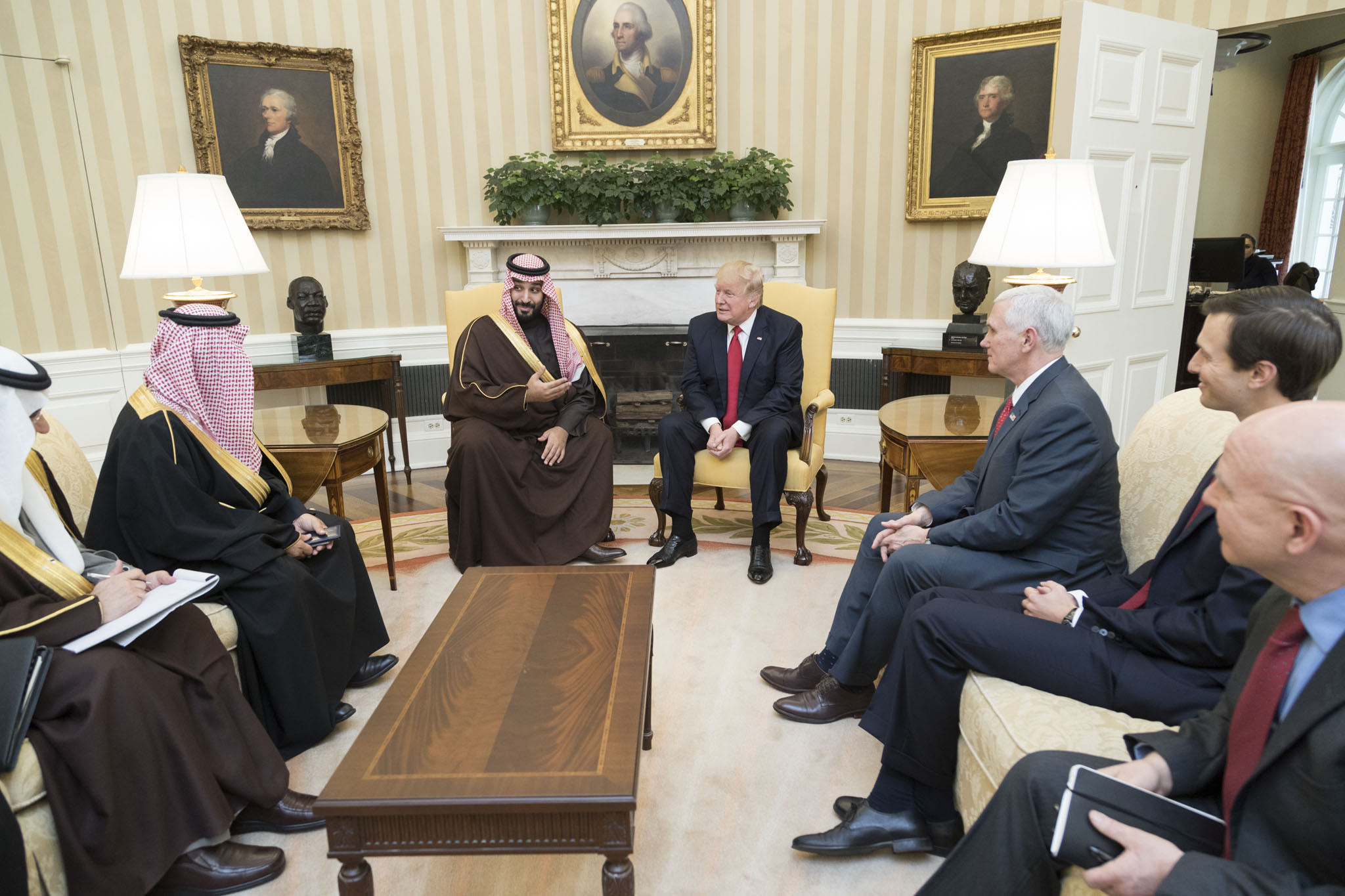By: Daniel Cebul
/arc-anglerfish-arc2-prod-mco.s3.amazonaws.com/public/EQLEANORM5EHBP5SX7RV4VRIFA.jpg) WASHINGTON ― Artificial Intelligence has made incredible progress over the decade, but the relatively nascent technology still has a long way to go before it can be fully relied upon to think, decide and act in a predictable way, especially on the battlefield. A new primer from the Center for New American Security’s’ technology and national security program highlights some of promises and perils of AI. While the ceiling for the technology is high, AI is still immature, which means systems are learning by failing in some spectacular, hilarious and ominous ways.
WASHINGTON ― Artificial Intelligence has made incredible progress over the decade, but the relatively nascent technology still has a long way to go before it can be fully relied upon to think, decide and act in a predictable way, especially on the battlefield. A new primer from the Center for New American Security’s’ technology and national security program highlights some of promises and perils of AI. While the ceiling for the technology is high, AI is still immature, which means systems are learning by failing in some spectacular, hilarious and ominous ways.
Here are four potential areas of concern:
1. The machine might cheat








/arc-anglerfish-arc2-prod-mco.s3.amazonaws.com/public/FXMAWTMRFBG5RIWFY4UZ4PV3JU.jpg)
/arc-anglerfish-arc2-prod-mco.s3.amazonaws.com/public/N4EJ7TWOHRGLHNB5IJGTUCKGB4.jpg)





